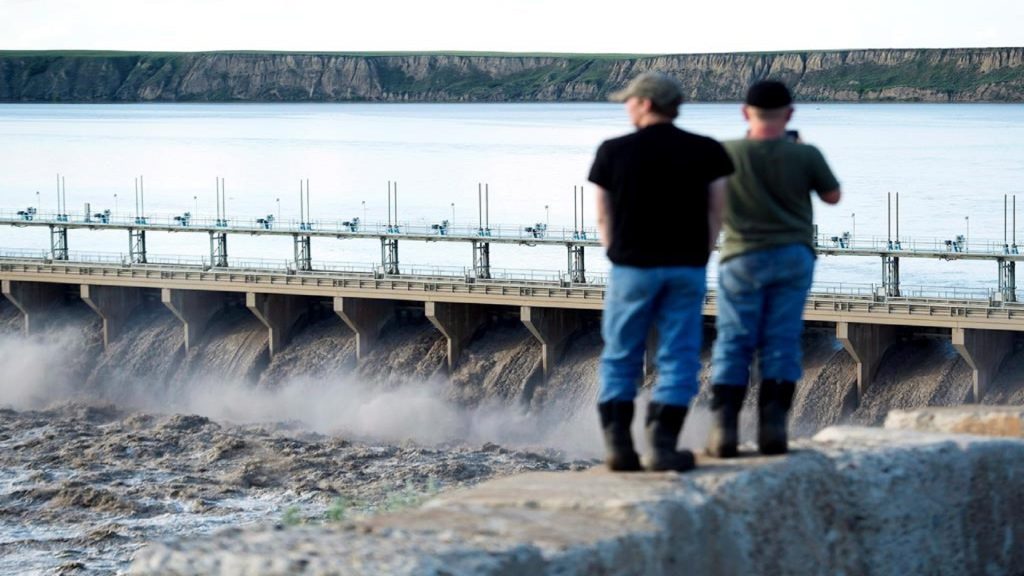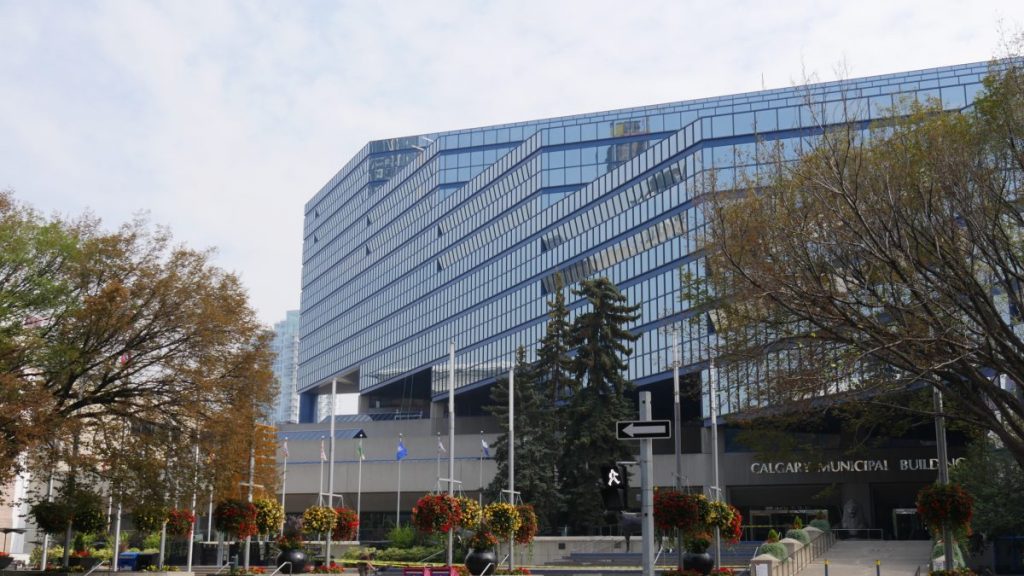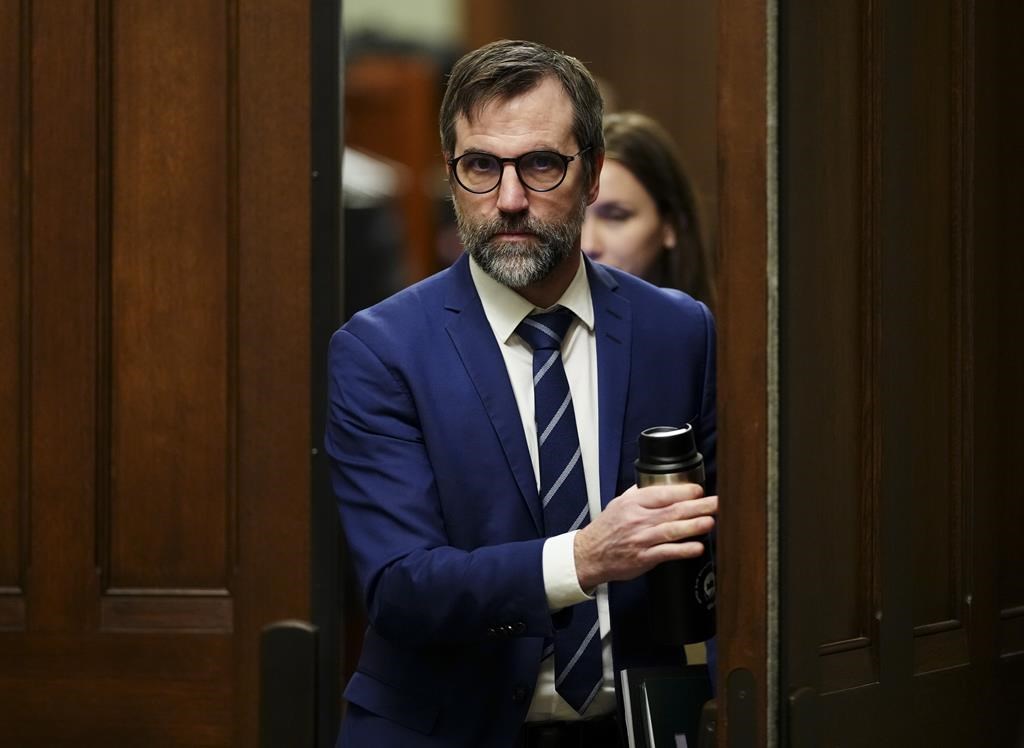Texas trying to fix ‘illegal’ special education system
Posted Jan 12, 2018 11:51 am.
Last Updated Jan 12, 2018 12:20 pm.
This article is more than 5 years old.
AUSTIN, Texas – A U.S. Department of Education investigation has found that Texas violated federal law for more than a decade by capping the percentage of students allowed to access special education services, thus failing to provide an adequate public education to thousands of youngsters with disabilities.
The announcement came after a 2016 newspaper investigation revealed the cap. Federal officials first descended on Texas more than a year ago to investigate, and last year the state education agency scrapped all such benchmarks and the Legislature passed laws designed to prohibit similar ones in the future.
But now, Republican Gov. Greg Abbott has given his education agency a week to produce a plan to completely “reform special education” in the nation’s second-largest state.
How did Texas get here and what could happen next:
WHAT THE FEDS FOUND
Department of Education regulators say Texas illegally capped its special education services at 8.5 per cent of students statewide in 2004, allowing school districts to deny services to thousands of kids with disabilities until 2016. Affected students couldn’t get assistance such as therapy or extra instruction for learning disabilities.
State data shows that about 32,000 fewer students got special education services between the 2003-2004 school year and the last academic year, even though Texas’ booming population saw classroom enrolment jump by around 1 million kids to 5.3-plus million over the same period.
The federal report says state officials didn’t expressly require school districts to limit special education enrolment, but noted that the “performance indicator” of 8.5 per cent had that effect.
The Houston Chronicle reported in 2016 that Texas had for years quietly capped statewide special education enrolment at 8.5 per cent. Federal officials came to Texas in December that year to hear from parents whose children were denied services, and they returned last February to visit school districts.
___
THE FALL OUT
State officials have already scrapped the cap, but the report orders Texas to identify students with disabilities who were previously excluded and rectify that — as well as improve how school districts evaluate eligible youngsters and deliver special education services to them going forward.
It largely leaves the timeline for such improvements up to state education officials. Abbott, though, demanded that the state education agency produce by next week “an initial corrective action plan” to fully revamp special education.
Texas Education Commissioner Michael Morath says his agency has already added 39 statewide special education support staff to work with school districts and better administer services.
Abbott also wants Morath’s agency to suggest longer-term solutions that the state Legislature can discuss. Last year, lawmakers passed two laws designed to prevent future limits on special education enrolment, though efforts to take more comprehensive steps fizzled.
___
NOW WHAT?
Advocates want more state support for special education programs and better training for school administrators and teachers on how to better identify students in need, as well as more transparency on enrolment decisions.
Also, federal law mandates that states have advisory committees on special education, but Texas’ languished for months because of a high number of vacancies. Abbott made 17 appointments in December and the board was meeting Friday, discussing how to make improvements.
While the governor’s deadline means Texas should produce a plan for a special education overhaul quickly, implementation will take longer. And legislative solutions will be even slower since state lawmakers only meet every-other year and won’t be back in session until January 2019.
Meanwhile, Texas fired state special education director Laurie Kash in November, following her filing a federal complaint over the education agency’s having awarding a now-cancelled, no-bid contract to a company tasked with analyzing student data before she was hired.
The agency said Kash’s firing wasn’t related to the compliant, coming instead because she failed to disclose allegations of the sexual abuse of a girl at an Oregon school district where she previously worked. But the vacancy means Texas will have no one in a top position as it sets about overhauling special education services.










